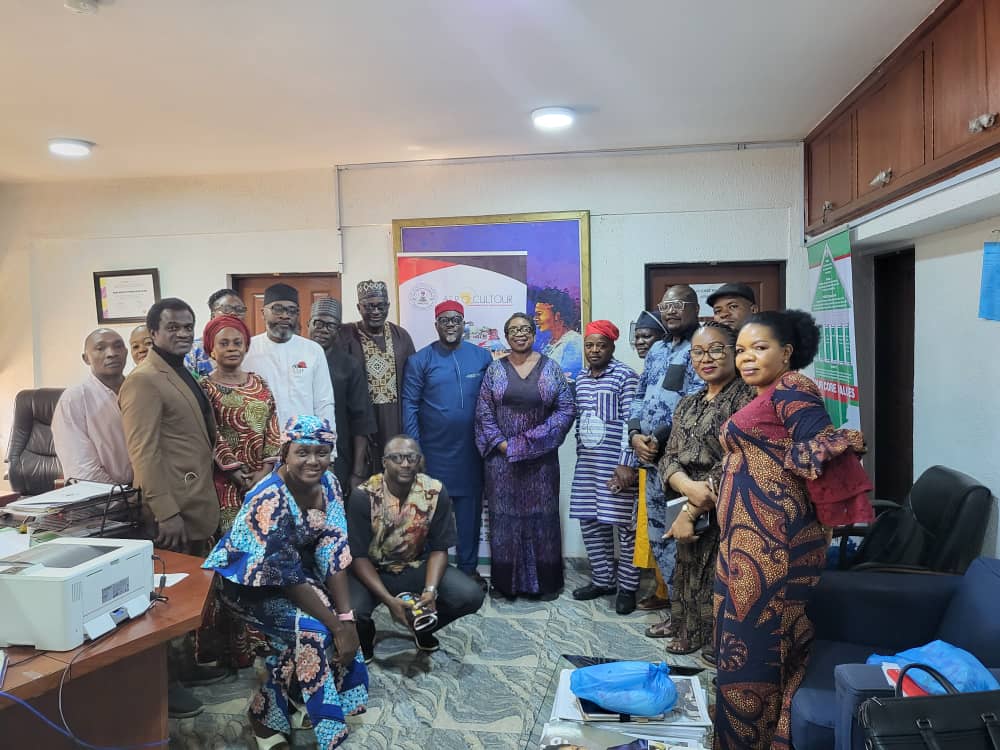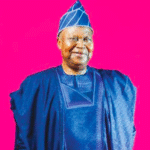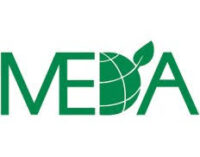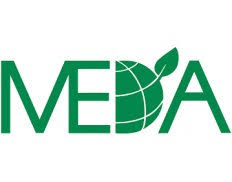Charles Ajunwa
The Ministry of Art, Culture, Tourism and Creative Economy has inaugurated the Local Organising Committee (LOC) for the forthcoming Africa Tourism and Creative Economy Expo, scheduled to hold in Abuja from November 24 to 25, 2025.
Minister of Art, Culture, Tourism and Creative Economy, Hannatu Musa Musawa, who was represented at the inauguration by the Permanent Secretary, Federal Ministry of Arts, Culture, Tourism and Creative Economy, Mukhtar Yawale Muhammad, said the initiative represents a strategic step toward positioning Africa’s cultural, tourism and creative sectors as drivers of economic growth, regional integration and global competitiveness.
Musawa said the Expo themed: ‘Optimising Africa’s Comparative and Competitive Advantage for Accelerated Trade and Economic Growth’, will serve as a platform for engaging policymakers, investors, innovators and creators across the continent.
She charged the committee to deliver a world-class event that showcases Africa’s rich heritage and creative potential, stressing the importance of collaboration, transparency and professionalism in the planning process.
The Chairman of the LOC, Mallam Denja Abdullahi, pledged the committee’s readiness to deliver a high-impact Expo, saying the event would unveil “Agenda 2030”, a continental framework aimed at increasing Africa’s contribution to global trade from 2 per cent to 10 per cent by the end of the decade through strategic investments in tourism and the creative economy.
Abdullahi, who commended the commitment of the Minister, Musawa, for driving several innovative, data-led reforms within the sector explained that the LOC had already begun engaging key stakeholders across Africa, including government agencies and private sector actors, to ensure full participation at the Expo.
According to him, activities lined up for the event include exhibitions, trade fairs, investment workshops, cultural displays, B2B meetings, and a peer review mechanism for African countries.
“As a committee, we’re determined to deliver a measurable, scalable, and impactful event that will not only celebrate Africa’s creative power but also boost intra-African trade under the AfCFTA framework,” Abdullahi said.
The ministry assured its continued support for the committee throughout the planning and execution of the Expo, which is being organisised in partnership with Afrocultour Nigeria Ltd.


















Leave a comment